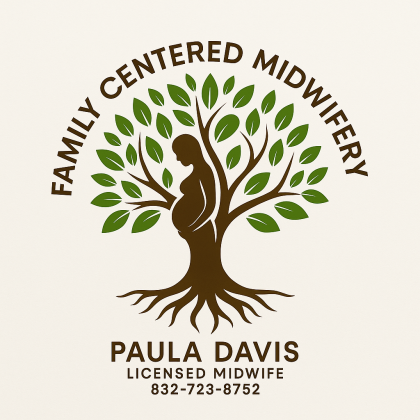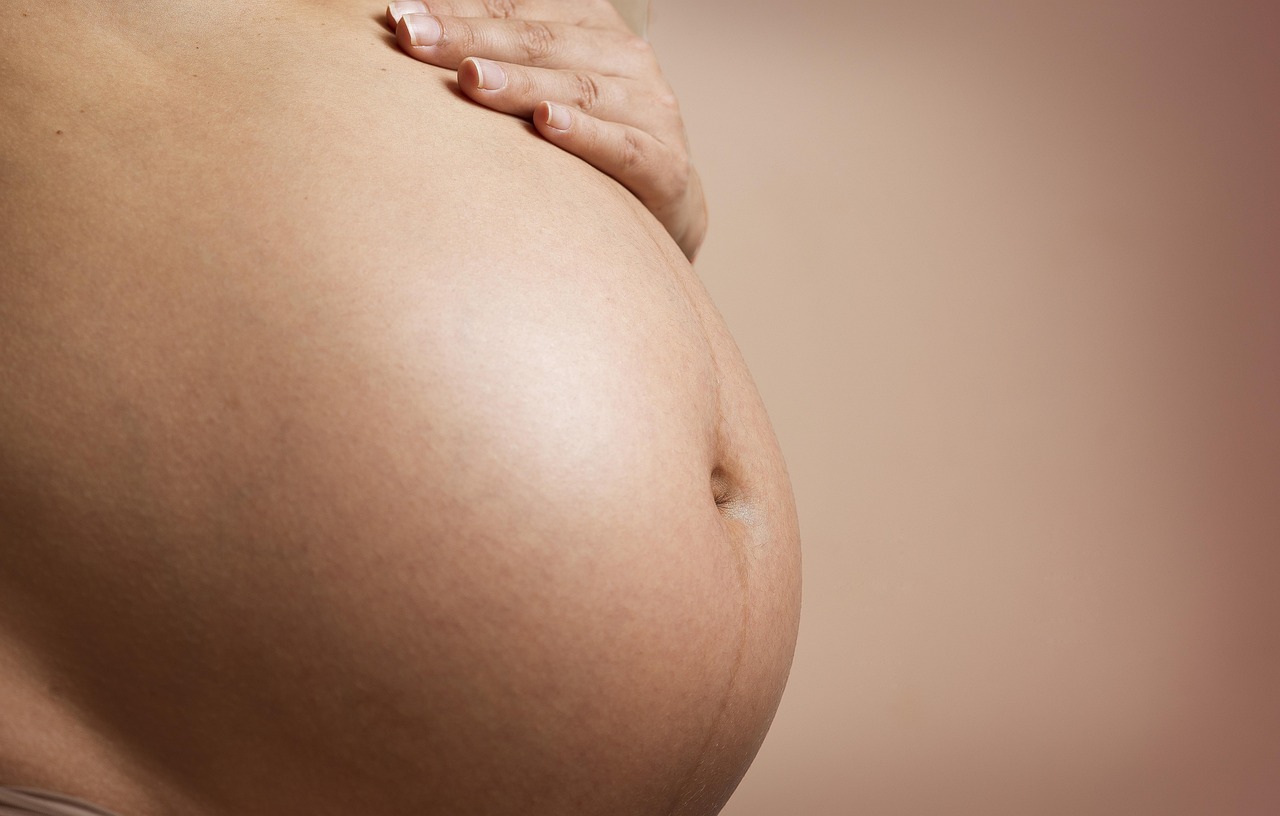
Why choose a Midwife?
A midwife is more than a healthcare provider—she is a trusted guide through one of life’s most powerful journeys. Midwives are trained professionals who specialize in pregnancy, birth, and postpartum care, offering expert medical knowledge alongside compassionate, personalized support.
Unlike a hospital-centered approach, midwifery care is centered on you—your body, your choices, and your family. A midwife listens deeply, honors your birth plan, and creates a safe, nurturing environment where you feel confident and cared for.
With Paula Davis at Family Centered Midwifery, you’re not just choosing a provider—you’re choosing a partner who believes birth is a natural, transformative experience. Paula brings skill, calm reassurance, and heartfelt dedication to every family she serves.
Pregnancy is more than just a physical process — it’s a journey of transformation for both the mother and the baby. Taking a holistic approach means tending not only to medical safety, but also to emotional well-being, lifestyle, and mind-body balance. When done well, this integrated care can lead to better outcomes, deeper bonding, and a more positive birth experience. Below are some of the benefits of holistic pregnancy care — backed by recent research — plus what holistic care might look like in practice.
A holistic pregnancy approach includes:
-
Physical health (nutrition, exercise, prenatal checkups)
-
Mental/emotional health (stress management, mindfulness, relaxation)
-
Social support (partners, community, childbirth education)
-
Integrative therapies (yoga, massage, acupuncture, etc.)
-
Preparing the birth and postpartum space (education, choices, comfort)
It doesn’t mean rejecting medical care or being “anti-intervention.” It means combining supportive practices with medical oversight to promote well-being at all levels.

Research-Backed Benefits
Here are some of the ways holistic practices have been shown to help mother and baby:
-
Reduced stress, anxiety, and better psychological well-being
-
Improved pregnancy and birth outcomes through relaxation techniques
-
Better fetal behavior & neonatal outcomes
-
Stronger mother-baby bonding & emotional connection
How Holistic Care Might Be Incorporated
To make the benefits above real, holistic prenatal and birth care often include:
-
Guided relaxation, breathing, mindfulness, or meditation sessions
-
Prenatal yoga, walking, gentle exercise, safe movement
-
Nutrition counseling (balanced diet, hydration, addressing deficiencies)
-
Integrative therapies as desired (acupuncture, massage, etc.), ensuring safety and working with trained practitioners
-
Emotional and social support: childbirth education, peer support, partner involvement, possibly counseling
-
Birth planning, discussing preferences, empowering choices
-
Postpartum preparation and follow-up: support for feeding, rest, emotional recovery
Why This Matters
-
Physical & mental health of the mother tends to be better: less stress, fewer complications, more satisfaction with the birth experience.
-
Baby’s development benefits from lower exposure to maternal stress, better nutrition, more stable intrauterine environment, and after birth, from practices like skin-to-skin contact.
-
Empowerment: Mothers who receive holistic care often report feeling more in control, more confident, and more deeply connected to the birthing process.
-
Long-term ripple effects: Early bonding, breastfeeding, and emotional support can influence postpartum health, maternal mental health, and infant growth and behavior.
Best Practices
Holistic care must always be combined with competent medical oversight: especially for high-risk pregnancies.
Some complementary therapies aren't appropriate in all situations: always ensure providers are trained and that methods are evidence-based.
Cultural, personal, and medical preferences vary — holistic care must be individualized. Early adoption of these practices tends to give more benefit — starting in early pregnancy is better than waiting until labor.